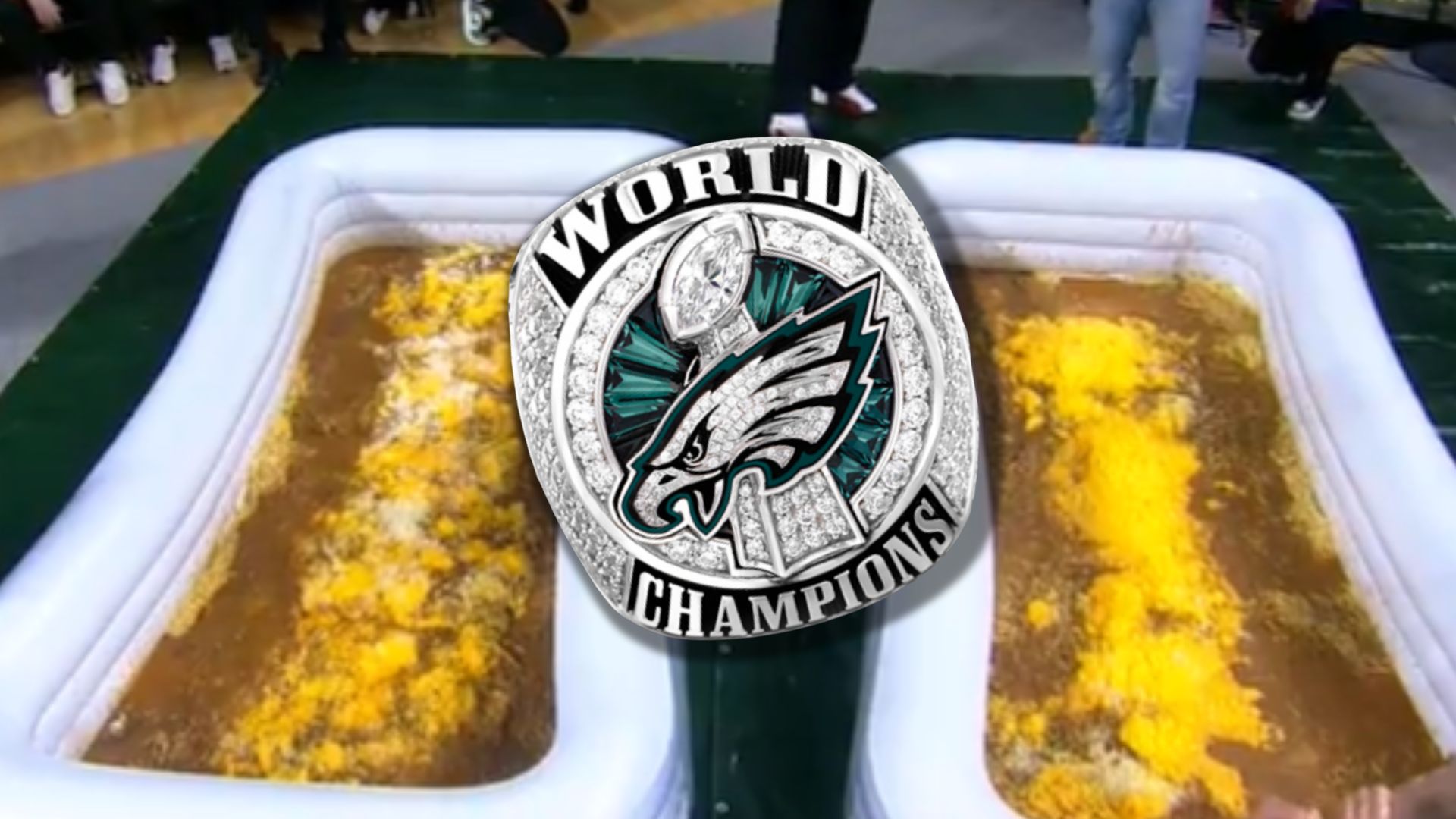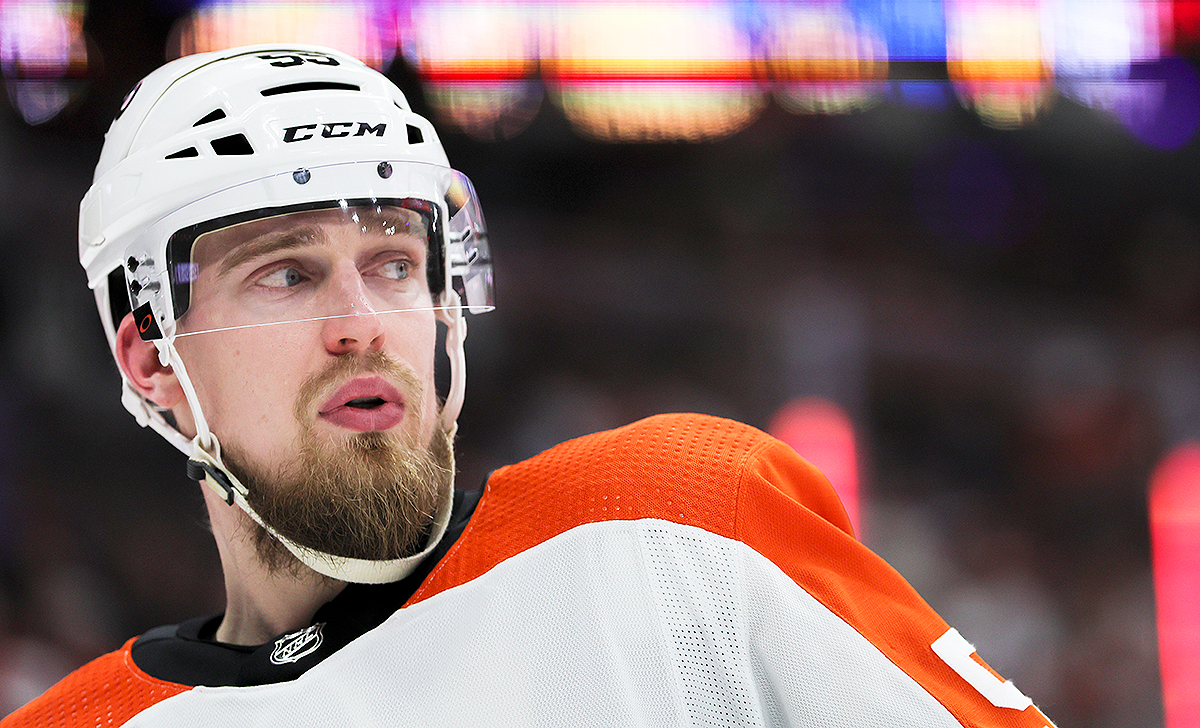As the Star-Spangled Banner began to play at Lincoln Financial Field on Thursday night before the first preseason game of the Eagles' 2018 season, safety Malcolm Jenkins resumed the silent demonstration he paused toward the end of last season.
Jenkins rose his right fist in the air, a protest against racial and social inequality in the United States.
He said he didn't make his decision to do it until just before the game.
"It's something I wrestle with all the time," Jenkins said at his locker after the game. "There was no one incident or moment that made me decide. It was more so, I just couldn't really think of a good reason not to."
Jenkins, 30, had paused his protest late last season after the NFL pledged $100 million to causes to combat the same issues Jenkins is trying to fix. But then this offseason, the NFL passed an anthem policy requiring players to either stand respectfully or stay in the locker room.
The policy states the NFL can fine teams of players who demonstrate, but those fines are now on hold as the league and the NFLPA are in discussions about the issue and the policy.
"The NFL has been engaged in constructive discussions with the NFL Players Association regarding the anthem and issues of equality and social justice that are of concern to many Americans," league spokesman Brian McCarthy said in an email to the Associated Press.
Sports
In partnership with NBC Sports Philadelphia
"While those discussions continue, the NFL has agreed to delay implementing or enforcing any club work rules that could result in players being disciplined for their conduct during the performance of the anthem.
"Meanwhile, there has been no change in the NFL's policy regarding the national anthem. The anthem will continue to be played before every game, and all player and non-player personnel on the field at that time are expected to stand during the presentation of the flag and performance of the anthem. Personnel who do not wish to do so can choose to remain in the locker room.
"We remain committed to working with the players to identify solutions and to continue making progress on important social issues affecting our communities."
Jenkins wasn't the only Eagles player to demonstrate during the national anthem. Cornerback De'Vante Bausby also raised his fist. Chris Long put his arm around Jenkins as he did last season. Newcomer Michael Bennett walked down the sideline during the playing of the song, but his intent was not necessarily known.
Jenkins said he didn't know Bausby was going to join him in protest; Jenkins said he tries not to talk to his teammates about it for fear that they'll think he's pressuring them to join.
"I think it was just a culmination of how the offseason went and where we are now," Jenkins said. "I think it's important that we continue to keep this conversation going, that we don't let it get stagnant. As we understand it, everyone is kind of waiting to see what the league is going to do. That doesn't mean that we stop what we've been standing up for. That's just my personal decision to make sure that we keep these things in the forefront."
Jenkins admitted he doesn't know what's going to happen if the NFL's policy is fully reinstated. He admitted he doesn't even know how the demonstration will manifest itself next Thursday, when the Eagles play the Patriots in New England.
The important thing for Jenkins is the work he does in communities off the field. The reason he wrestles with the decision of whether or not to demonstrate, he says, is because he knows he's representing a large portion of people. He said he wants to make sure he has their best interest at heart.
Long said the important thing for him is the work Jenkins does off the field. That's why he has no problem supporting his teammate.
"[Jenkins] can always sleep good at night knowing that he's not being a fraud," Long said. "He's protesting and he's working in the community, like a lot of these guys are doing. At the end of the day, he's maybe going back and forth on, ‘Should I protest or not?' But he's going to do the same thing off the field, which is, he's going to move the needle off the field."
Information from the Associated Press was used in this story.



